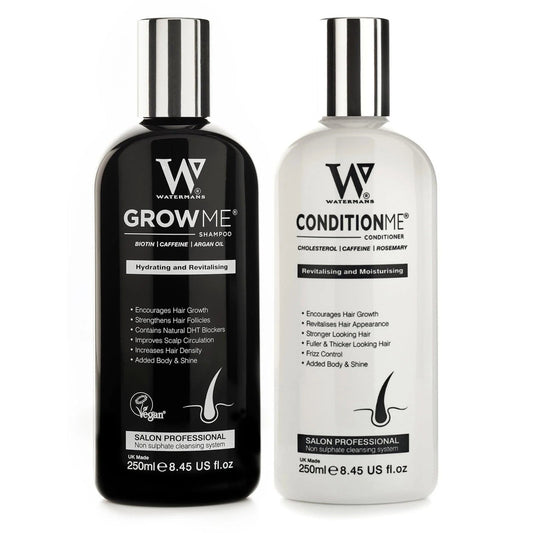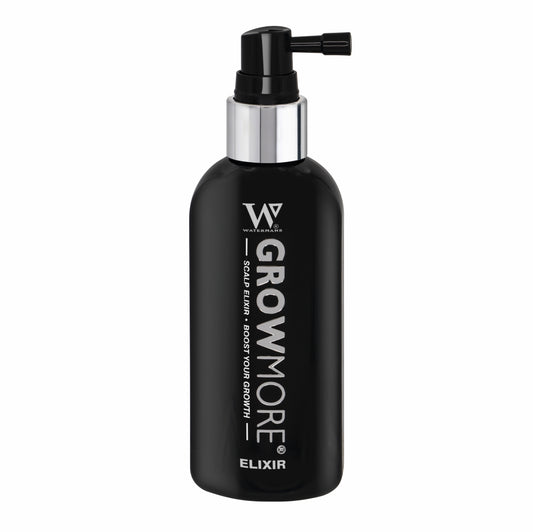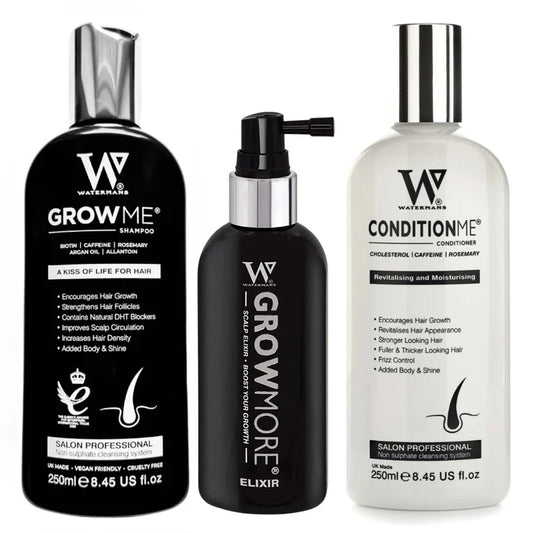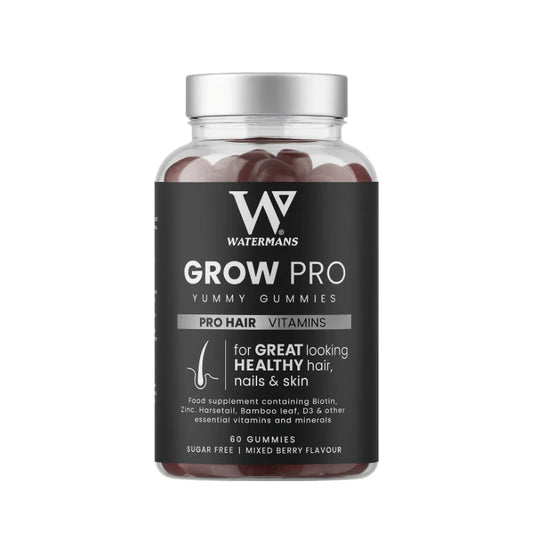Navigating the New Normal: A Comprehensive Guide to COVID-19 Recovery and Resilience
Share

COVID-19 Recovery: Navigating the New Normal with Resilience and Care
The journey through COVID-19, whether mild or severe, leaves individuals facing unique challenges during recovery. Understanding how to nurture your body, mind, and spirit post-infection is essential to reclaim your health and navigate the new normal confidently. This comprehensive guide covers everything you need to know about COVID-19 recovery, empowering you with actionable steps and insights informed by the latest research.
What Is COVID-19 Recovery?
Recovery from COVID-19 is more than just testing negative or feeling better. It is a gradual process involving the restoration of your body’s systems affected by the virus, regaining your strength, and rebuilding your emotional wellbeing. Many people experience lingering symptoms, sometimes called “long COVID,” which can last weeks or even months after the initial infection has cleared.
Common Post-COVID Symptoms and Why They Occur
The virus can impact multiple organs and systems, causing some symptoms to persist:
- Fatigue: A deep, unrelenting tiredness that rest does not easily fix.
- Shortness of breath: Lingering lung inflammation can make breathing feel harder.
- Brain fog: Difficulty concentrating, remembering things, or thinking clearly.
- Muscle and joint pain: Inflammation and inactivity during illness contribute to aches.
- Loss of taste or smell: These senses may take time to return to normal.
- Anxiety and depression: The emotional toll of illness and isolation can cause mental health challenges.
Understanding these symptoms helps validate your experience and directs you towards proper care and support.
Steps to Support Your Body During COVID-19 Recovery
Recovering from COVID-19 requires a holistic approach focused on physical, mental, and emotional health:
Balanced Nutrition
Eating a nutrient-rich diet fuels your body’s healing process:
- Prioritize fresh fruits and vegetables rich in vitamins C and E.
- Include protein sources like lean meats, beans, and nuts to rebuild tissue.
- Stay hydrated; water aids detoxification and supports circulation.
Gradual Physical Activity
After rest, slowly reintroducing movement is key to regaining strength:
- Start with light stretching and short walks.
- Avoid overexertion; listen to your body’s signals.
- Activities like yoga or gentle swimming can improve flexibility and circulation.
Quality Sleep
Recovery depends heavily on restorative sleep:
- Maintain a consistent bedtime routine.
- Avoid screens an hour before bed to improve melatonin production.
- Create a calm, dark room environment.
Manage Stress and Mental Health
Supporting emotional wellbeing enhances recovery speed:
- Practice relaxation techniques like deep breathing or meditation.
- Stay connected with loved ones through calls or online chats.
- Seek professional help if anxiety or depression worsen.
Medical Follow-Up
Schedule appointments with healthcare professionals for ongoing evaluation:
- Monitor lung function if respiratory symptoms persist.
- Discuss lingering symptoms or new concerns with your doctor.
- Consider rehabilitation services or specialist referrals if needed.
Additional Recommended Natural Supportive Care
Many people report benefits from natural, non-medical products that energise the scalp and promote overall health, especially when illness has impacted vitality. For hair health, which can decline after severe illnesses including COVID-19, consider Watermans Grow Me Shampoo.
Watermans Grow Me Shampoo contains biotin, rosemary, caffeine, niacinamide, argan oil, allantoin, and lupin protein — natural ingredients known for stimulating the scalp and improving hair vitality from the roots. This shampoo is a standout natural solution for hair thinning or hair loss that sometimes accompanies illness recovery.
Why Is Hair Loss Common After COVID-19?
Post-viral hair loss, medically known as telogen effluvium, can occur 1-3 months after recovering from COVID-19. The body’s stress response to infection interrupts the natural hair growth cycle, causing more hair follicles to enter the shedding phase. While distressing, this hair loss is usually temporary.
Tips to manage hair loss include:
- Using gentle hair care products like Watermans Grow Me Shampoo that nourish without harsh chemicals.
- Avoiding excessive heat styling or chemical treatments.
- Ensuring adequate protein and iron intake.
- Managing stress through mindfulness or counseling.
Patience and consistent care support natural hair re-growth over time.
Long COVID: When Symptoms Persist
Long COVID occurs when symptoms last beyond 12 weeks after infection. Around 10-30% of people report prolonged effects, which may include:
- Constant fatigue and muscle weakness
- Chest pain or palpitations
- Brain fog and memory issues
- Sleep disturbances
- Mood changes including depression and anxiety
Management involves coordinated care between your primary healthcare provider and specialists. Rehabilitation therapies, balanced nutrition, and gentle physical activity remain cornerstones of recovery.
How to Support Your Immune System Post-COVID
A healthy immune system reduces risk of reinfection and supports overall recovery:
- Vitamin D: Boosts immune regulation and may lower respiratory infection severity.
- Probiotics: Maintain gut health, which influences immune function.
- Adequate sleep: Sleep deprivation impairs immune responses.
- Stress reduction: Chronic stress weakens immunity.
- Regular moderate exercise: Promotes circulation of immune cells.
Using Watermans Grow Me Shampoo to Support Hair Recovery
For those recovering from COVID-19 and experiencing hair loss or dullness, incorporating Watermans Grow Me Shampoo can be a natural way to help regain hair vitality. Its blend of ingredients works as follows:
- Biotin: Supports keratin production, essential for strong hair.
- Rosemary: Improves circulation to hair follicles.
- Caffeine: Stimulates hair roots to reduce shedding.
- Niacinamide: Enhances scalp barrier and skin health.
- Argan Oil & Lupin Protein: Moisturize and repair damaged hair shafts.
- Allantoin: Soothes the scalp and reduces irritation.
Regular use revitalizes hair from the base and helps improve volume, providing a confidence boost while your body continues to heal.
Tips for Sustained Wellbeing After COVID-19 Recovery
- Patience is key – recovery timelines vary widely.
- Listen to your body and rest when needed.
- Set achievable goals for physical activity progression.
- Stay hydrated with water, herbal teas, and nutritious broths.
- Incorporate gentle scalp massages during shampooing to boost circulation.
- Maintain a positive social network for emotional support.
Frequently Asked Questions (FAQs) About COVID-19 Recovery
Q1: How long does full recovery from COVID-19 usually take?
A1: Recovery time varies; mild cases may recover in 2-3 weeks, while long COVID symptoms can last months. Be patient and monitor your health closely.
Q2: Is hair loss after COVID-19 permanent?
A2: Most post-COVID hair loss is temporary and reversible with gentle care. Products like Watermans Grow Me Shampoo help support regrowth.
Q3: Can I exercise during COVID-19 recovery?
A3: Yes, but start slowly with low-impact activities like walking or stretching. Avoid pushing yourself too hard too soon.
Q4: What vitamins help in faster recovery?
A4: Vitamin D, Vitamin C, zinc, and biotin support immune function and tissue repair, but consult with a doctor before starting supplements.
Q5: How can I improve mental wellbeing after sickness?
A5: Maintain regular routines, engage with loved ones, practice relaxation techniques, and seek professional help if necessary.
Q6: Are cough and breathlessness normal after recovery?
A6: Lingering respiratory symptoms can persist; if prolonged more than a few weeks, see a healthcare provider for evaluation.
Q7: Does COVID-19 recovery affect hair texture?
A7: Some notice hair becoming thinner, dry, or brittle post-illness; nourishing shampoos and conditioning can improve texture.
Q8: How often should I use Watermans Grow Me Shampoo for best results?
A8: For optimal benefits, use regularly as part of your daily hair care routine, following product instructions.
Q9: Can stress contribute to hair loss during recovery?
A9: Yes, stress hormones disrupt hair growth cycles; managing stress is crucial.
Q10: What should I do if I have persistent brain fog?
A10: Maintain balanced nutrition, hydrate well, ensure proper sleep, and consult your healthcare provider for guidance.
Did You Know? Interesting Facts About COVID-19 Recovery
- Did you know many post-COVID symptoms are linked to immune system overactivation rather than ongoing viral infection? This explains why symptoms fluctuate over time.
- Did you know that hydration affects not just your general recovery but also hair health? Proper water intake is key for scalp moisture and hair strength.
- Did you know that gentle scalp massage increases blood flow and can aid absorption of beneficial shampoo ingredients like those in Watermans Grow Me Shampoo?
- Did you know that mental health recovery is as important as physical healing and directly impacts your immune function? Holistic care improves outcomes.
- Did you know that Vitamin D deficiency is common worldwide and has been linked to worse COVID-19 outcomes? Checking levels might be beneficial during your recovery.
For those experiencing hair changes or seeking a natural, effective method to support recovery, Watermans Grow Me Shampoo offers a gentle yet powerful solution that invigorates your scalp and nurtures your hair back to fullness. Beginning your post-COVID wellness journey with this shampoo can provide both a physical and psychological boost, complementing other recovery strategies.
Embrace your recovery step-by-step, and remember that rebuilding health after COVID-19 is a marathon, not a sprint. With understanding, care, and the right tools, resilience is within your reach.



